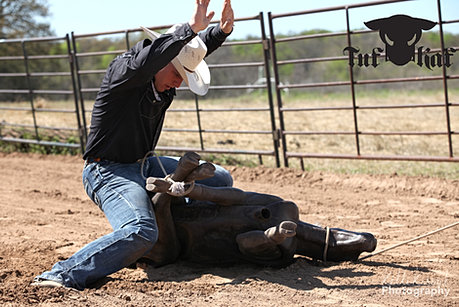 |
| http://www.rivercitystaffing.com/2013/07/24/the-basics-of-interviewing/ |
The questions that were asked were pretty straightforward but really took some thought. One question was "What experiences do you have that would qualify you for this position?"
I responded by talking about my experiences coordinating the Badlands Jackpot Show and all the planning that goes along with that. It is also a necessity that you communicate well with all the stakeholders so "everyone is happy".
Ms. Shear told me to also make sure I talk about my experiences landscaping. By looking at my resume she could see I have worked there for 9 years. She also stressed to communicate what all I had done in the company. My experiences stretch from repairing trucks to planting flowers. She stressed the importance of industry experience, especially in agricultural education.
2. Do you feel you were prepared for the questions? Why or why not? In other words, how would you evaluate your responses to the questions?
I feel that I did well with the responses, however I need a lot of polish. I believe my answers are good but they don't sound the best. I do not like to talk myself up or make people think I am something I am not. I answer each question honestly. Sometimes that isn't exactly what people want to hear, but I need to be true to them and myself.
3. What questions did you ask the administrator?
I asked what their vision of the agricultural program looked like in the future. What will this program look like in 5 years? Where do you want the focal point of the agriculture program?
4. What impressed you the most about the interview?
The time that Ms. Shearer was willing to spend with me was really impressive. We talked for a full 40 minutes and would have went longer if I didn't have to teach 2nd period. We tried to schedule another time slot but it just wouldn't work with our schedules.
5. What impressed you the least about the interview?
The only detail I could comment on here was, it was difficult to set up the experience. It took a while to hear back and there was little imput on what exactly I should bring.
6. In what areas do you need to prepare prior to an interview for a “real” teaching position?
I need to read through some questions and really think about what I would say when asked that. How would I respond when asked a question of the same type.
I thought this was a great experience and will definitely help me in my future interviewing.








































